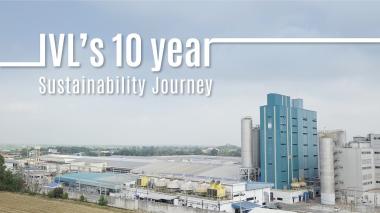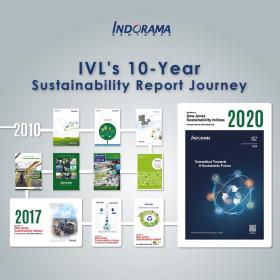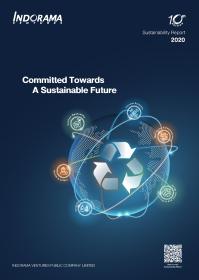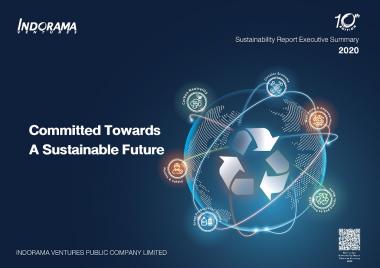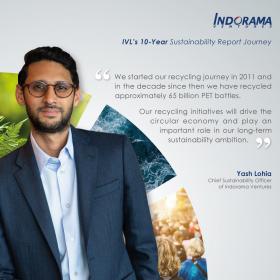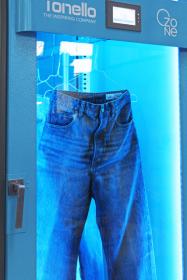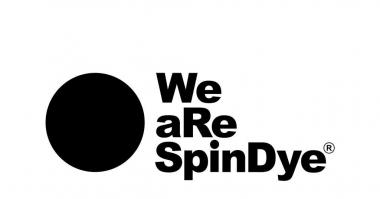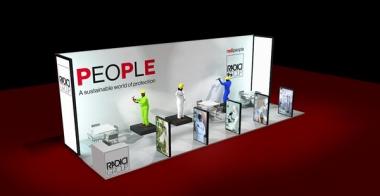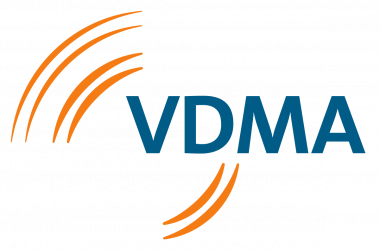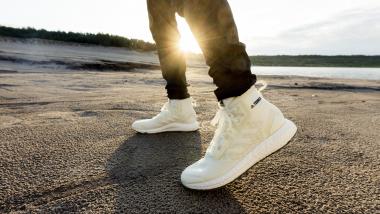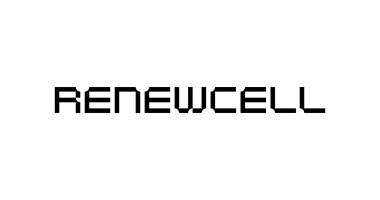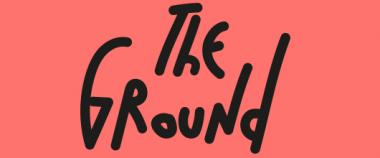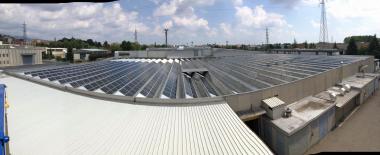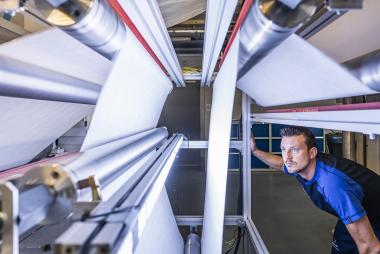The Renewable Carbon Initiative (RCI) celebrates its first anniversary
After its launch on 20 September 2020, the RCI is proud to celebrate its first anniversary this fall. The balance sheet of the first year is impressive: starting from 11 founding members, that number increased to 30 member companies within 12 months. Numerous webinars, press releases, background information, a glossary and a comic allowed to convey the “Renewable Carbon” concept to the public. The RCI is actively working on labelling and policy analysis, and more activities will follow in the next year.
Key for this success: the topic of renewable carbon in chemicals and materials is increasingly becoming a focus of politics and industry. Larger companies will have to report their GHG emissions and also the footprint of their products as part of legislative changes surrounding the European Green Deal. In this context, indirect emissions and the carbon sources of materials will play a much more crucial role. The RCI is actively working on solutions for companies to shift from fossil to renewable carbon, which consists of the use of bio-based feedstock, CO2-based resources and recycling. In the future, reporting on GHG emissions will also include Scope 3 emissions, which are all indirect emissions that occur along the company’s value and supply chain and where the used raw materials account for a large proportion of the footprint. Here is where the carbon source of chemicals and plastics comes into play as an important contributor to the carbon footprint. Without a shift from fossil to renewable carbon feedstocks (combining bio-based, CO2-based and recycled), a sustainable future and the Paris climate targets will be almost impossible to master.
To discuss, promote and realise the shift, 30 innovative companies have already joined forces to support the transition to renewable carbon, considering both technological and economical approaches – and helping to shape the political framework accordingly.
For the second year, RCI plans to focus on a comprehensive understanding of the expected political framework conditions in Europe and across the globe, since they will determine the future of chemistry and materials more than ever. Building on this knowledge, the topic of renewable carbon could then to be systematically integrated into new political directives, which has so far not been effectively managed.
In reality, the political focus lies on the strategy of decarbonising the energy sector, a very central and Herculean task. However, it cannot be applied to the chemical and material world because carbon is usually the central building block that cannot be dispensed with. On the contrary, the demand for carbon in the chemical and materials sectors is expected to more than double by 2050. In order to meet this demand in a sustainable manner, we must move towards quitting fossil carbon. For the first time in industrial history, it is possible to decouple chemistry and materials from petrochemicals and completely cover the demand through the utilisation of biomass, CO2 and recycling.
Renewable Carbon Initiative (RCI)






